Written by Amanda Fisk; Photographed by Paige Green
In the quiet countryside of the Sonoma Coast, a fairly long, slightly steep, single-lane road winds its way up to Starbuck Station Wools—the home, studio and sales place of Martha Cant.
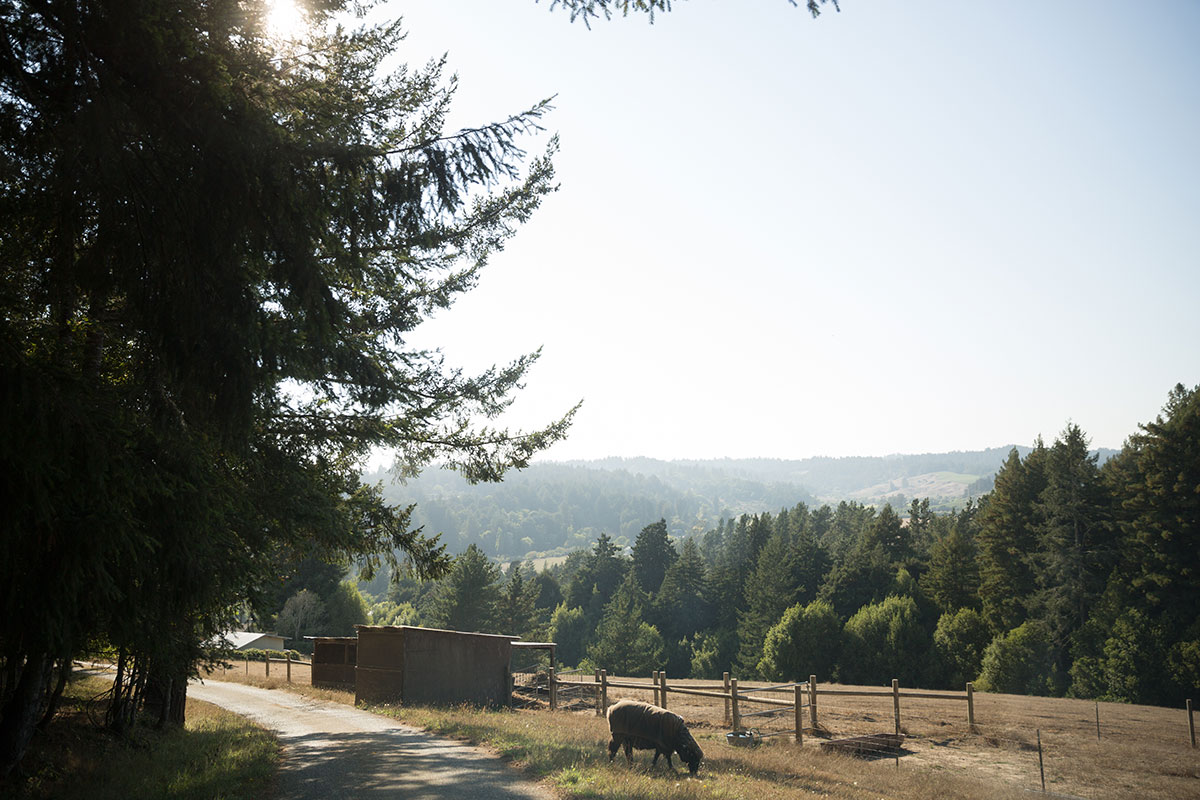
Martha grows wool and indigo, as well as other dye plants. She raises Cormo and Wensleydale sheep, maintaining a core herd of about thirty sheep. She believes this is what her land can regularly sustain and knows that different diets can affect the outcome of the wool the sheep produce. At times she does supplement with other feed like alfalfa.
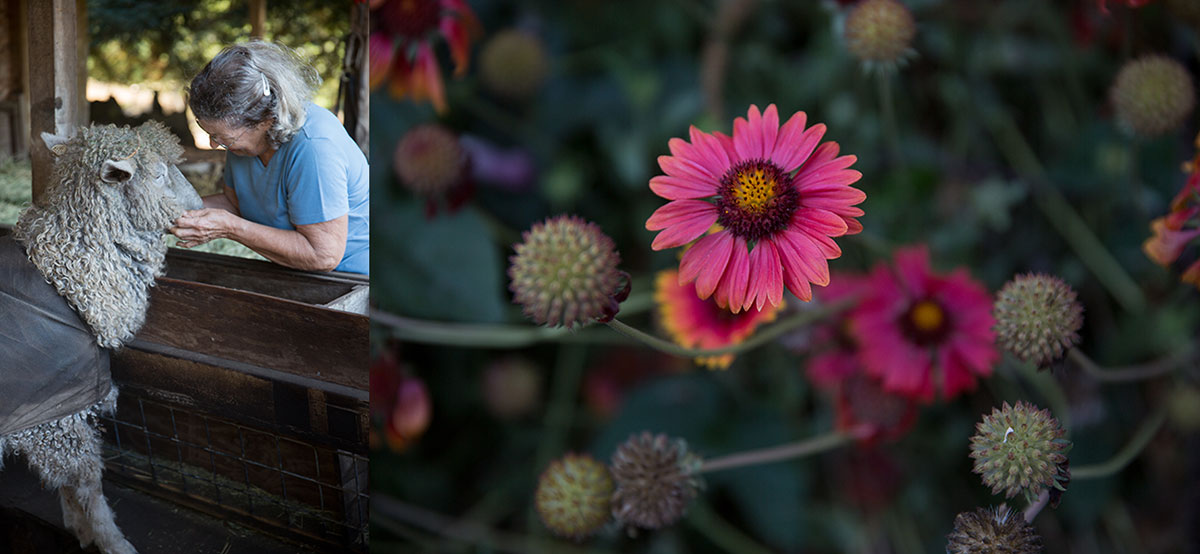
At Starbuck Station Wools, Martha has developed a unique mix from the two breeds to produce a fiber that utilizes the best qualities from both breeds of sheep. Cormo sheep produce a shorter staple, or length of fiber, that is extremely fine, while the Wensleydale fleece has a longer, coarser staple with a silky sheen and texture. By crossing the two breeds, the resulting fiber is very soft, lustrous, and elegant and spins into an exceptional yarn for weaving, knitting and crochet.

Starbuck Station Wools’ beginning: after acquiring seventeen acres of land, Martha discovered that the grass would need some type of maintenance. From a nearby auction she purchased several sheep to “mow the grass.” Then the sheep needed shearing. “What to do with all that left over fleece?”
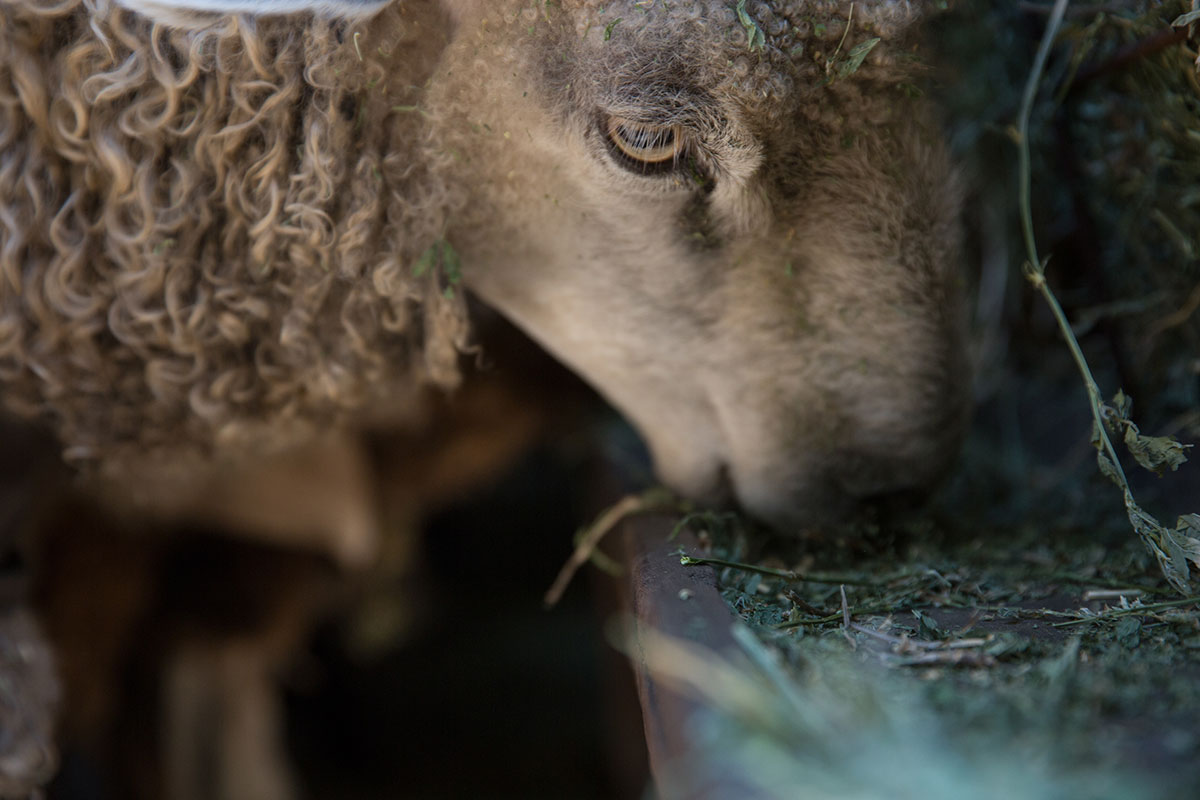
Martha decided to learn to spin and knit. She chose knitting rather than crochet, which she had always done before. She enjoys the texture created by knitting, as she feels she can create a finer fabric, crochet tending to make a bulkier end-product. Martha is also a weaver and is a member of the Redwood Guild of Fiber Arts and founding member of the Artisan’s Co-Op in Bodega, California.
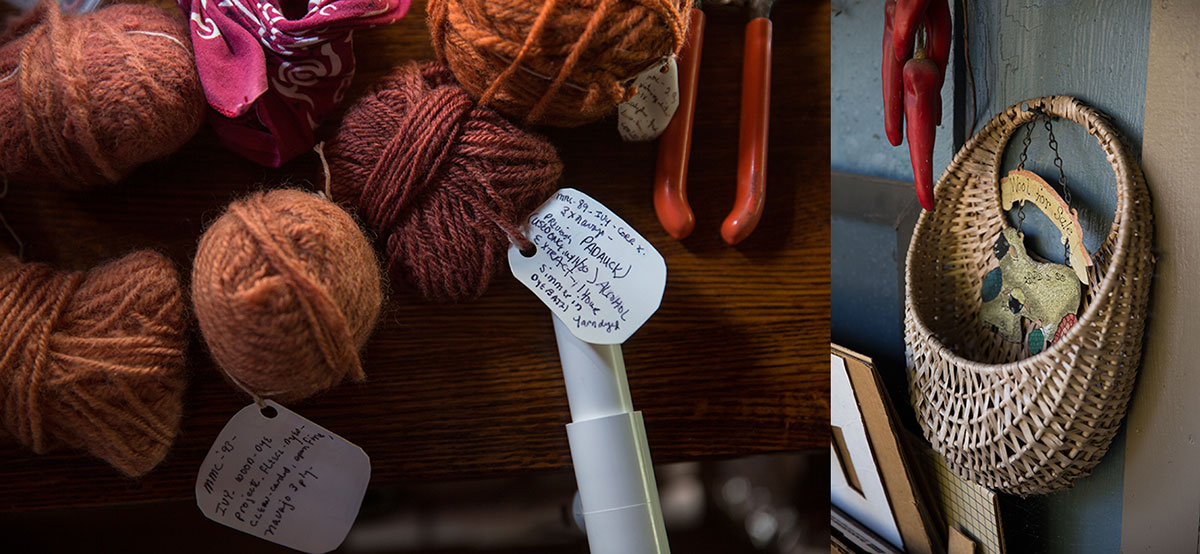
Her desire to create a lovely and fine end-product for spinning and knitting led Martha to develop a carefully managed breeding program for the sheep. Several generations of breeding Cormo to Wensleydale gave her the fine fleece and fiber she was trying to achieve.
Generational explorations are documented in mounds of records, and evident in a very attractive flock, all wearing coats to protect their precious fleece from the elements and debris.
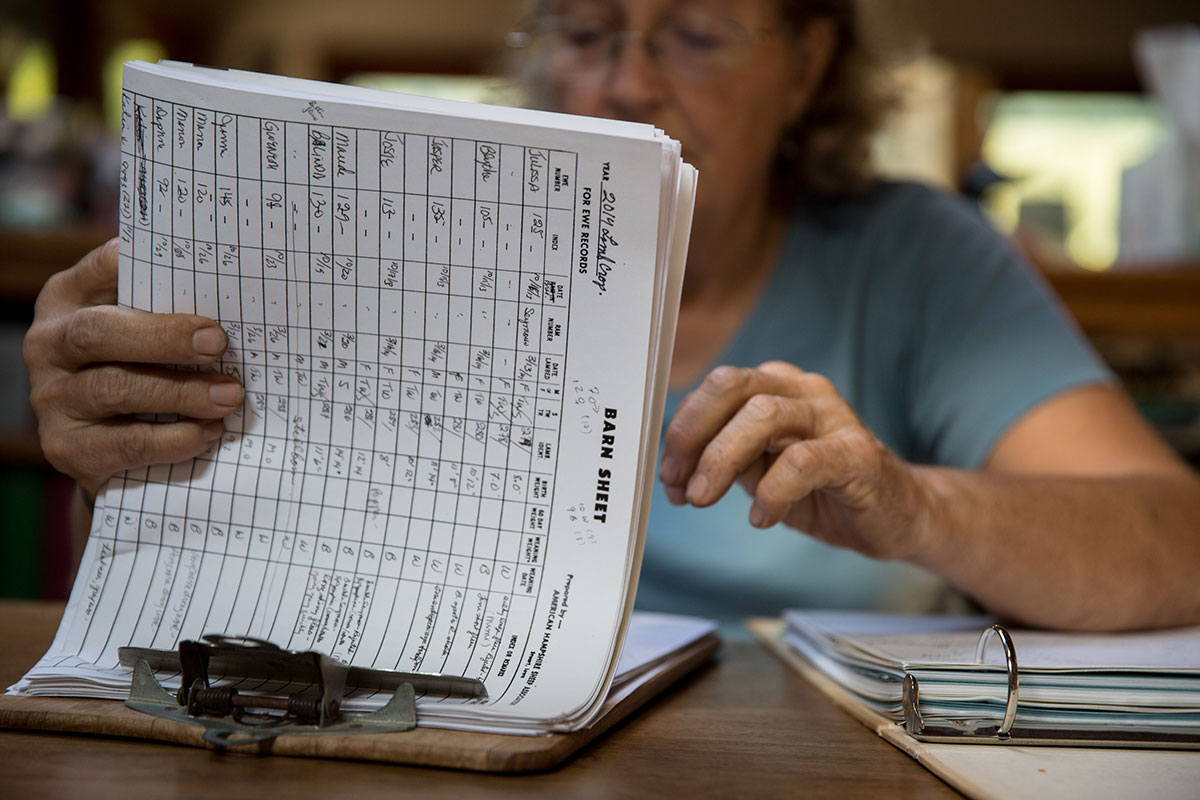
Along with working to produce an excellent fiber, Martha also developed an interest in natural dyes. Always an avid gardener, it was only a few extra steps to grow the plants that would create excellent color for dyeing her fine yarn. She has produced extraordinary colors derived from her efforts in plant-based dyeing. She makes dyes with Mexican marigold, eucalyptus, bindweed, coreopsis, onion skins, and even tomato vine. After she attended a lecture by Rowland Ricketts on indigo dyeing, she decided to grow indigo on her land as well. She uses the method of extracting color from fresh plants described in Harvesting Color to use for her own indigo dye. Her sample books are amazing, with tone variations from each plant and selection of fiber.
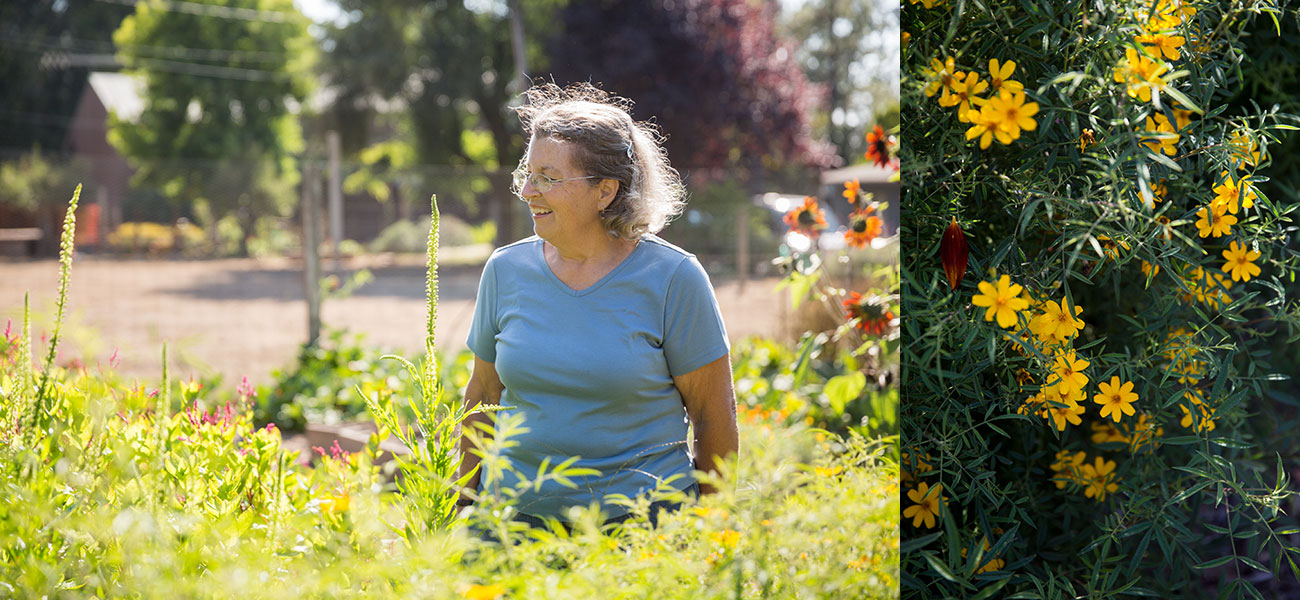
The artful breeding program Martha has developed from years of experience and dutiful record-keeping has resulted in a very fine, soft yarn with beautiful sheen. The soft, short staple of the original Cormo sheep, crossed with the long staple and dazzling sheen of the Wensleydale, has resulted in a fleece that creates a wonderful yarn with creamy consistency that competes with the finest merino wool. Martha has found a market for her dyed and non-dyed yarn, and also sells the raw fleece.
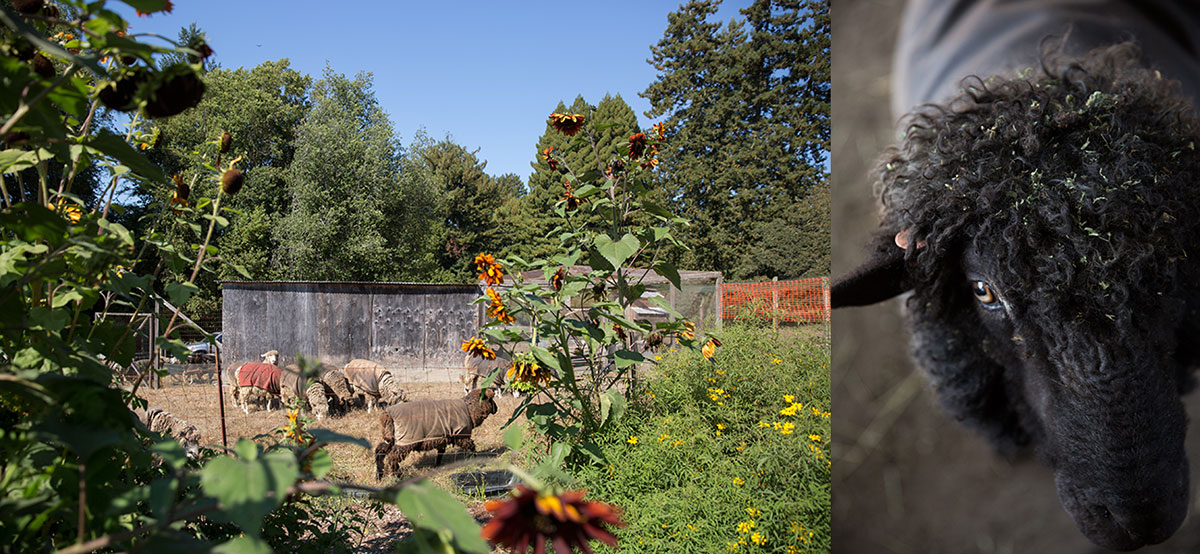
Martha spins every day. She does the dyeing when she feels she has extra energy or a need arises. She does some of her own carding. Her life is rich with the beauty of the land around her, and the animals and plants with whom she shares it.
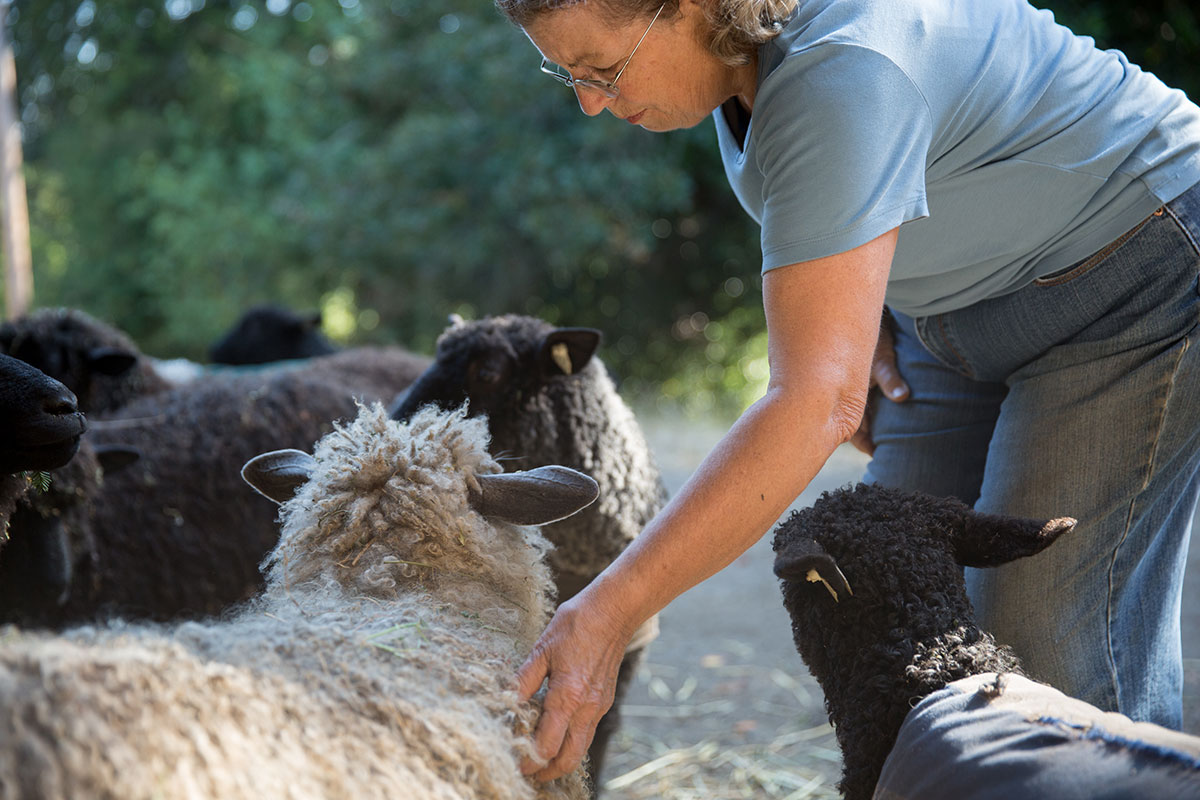
The yarn that Martha produces and the fleeces she sells at Starbuck Station Wools have not only the quality that comes of years of breeding experience, but the amazing subtleties of color achieved from very knowledgeable vegetable dyeing. Martha is a true Renaissance woman: “One who has broad intellectual interests and is accomplished in areas of both the Arts and Sciences… a woman knowledgable or proficient in more than one field.” (The Free Dictionary by Farlex)
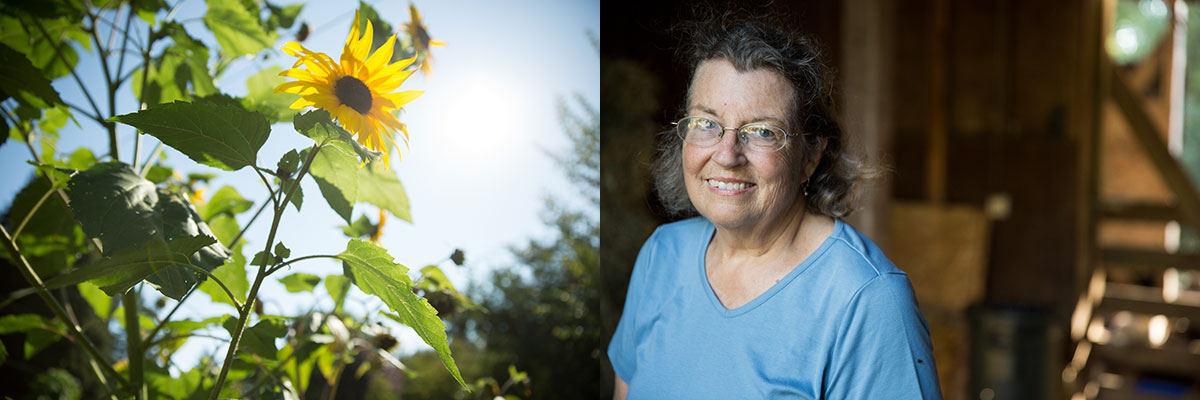
To learn more about Martha Cant’s work, visit her at the Bodega Artisan’s Co-Op and look out for her yearly on-farm shearing day.
